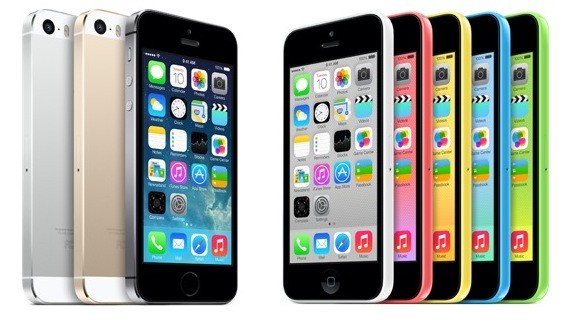There’s a graphic that’s been making its way around social media for a while. It says something like, “I don’t care if you’re gay, straight, black, or white. If you’re nice to me, I’ll be nice to you.” I’ve had many friends share it while patting themselves on the back for being so generous with their correctness. On the surface, it sounds great, but inside lurks the real evil: I’m not going to be nice to you until I see you’ve earned it. This tends to be shared by people who will also say they don’t see color. White people such as myself like to say this because it makes us feel like we’re doing a service to you by denying your ethnicity. After all, true equality means we’re all treated white, right?
I’ve been thinking about this lately because of our new Cheeto-in-Chief. Some of my left-leaning friends have spoken up loudly to say, just as my right-leaning friends did when Obama was elected, that Trump is not their president.
Here’s the problem. He is.
The year 2016 was one of blame cloaked as personal responsibility. Don’t want to get raped? Don’t drink at frat parties. Don’t want to be beaten for being transgendered? Stop being transgendered. Don’t want to be stopped by the police? Don’t dress like a thug. Don’t want to be mocked for your religion? Don’t wear a hijab. Don’t blame me! I voted for Hillary. Can’t blame me! I didn’t vote at all.
A few years ago, Elizabeth Warren and President Obama both stirred a bit of controversy for pointing out that no one achieves anything by themselves. They noted that when you build a successful business you do so using roads we all paid for. Your business is protected by tax-paid police and fire departments. Your business used community-financed resources such as electricity and water. Your responsibility as a business is to help repay that.
 Andrew Cline | Dreamstime.com
Andrew Cline | Dreamstime.com
Elizabeth Warren
They were both castigated for pointing out these facts. Steve Jobs didn’t build Apple? This is what critics asked. Are you saying he didn’t build that? No, that wasn’t what either of them said. Steve Jobs hired programmers, designers, cafeteria workers, security guards. He wasn’t a one-man office. And even if he were, he’d have still had to buy office supplies somewhere. The point was that your success doesn’t mean that someone else can’t be successful because you won’t help pay for repairing the roads you used to haul your goods across country.
When we say Donald Trump isn’t our president, it says that we will not take responsibility for what comes next. It’s a convenient excuse to sit at home and stream Netflix and eat aerosol cheese because, hey, that dude is your problem. Well, hey. Those who voted for him don’t see that dude as a problem. So when the company who makes the computer you use to watch Netflix is the same company as the one that provides your internet service you use to watch that company’s movies, and the cheese you’re squirting on crackers is a subsidiary of that very same company, and you find out this all happened because someone else’s president created a climate in which there is now no place else for you to go for internet and cheese, and your service is now being throttled because you could no longer afford unlimited bandwidth because with no competition that one company could charge whatever it damn well pleases for service, what are you going to do? Now that other person’s president has made it personal, because NO ONE MESSES WITH YOUR MURDER, SHE WROTE MARATHON.
When you’re nice to me, I’ll be nice to you. And that means you think you’re entitled to your opinion that climate change is real. And that being gay isn’t a choice. And that bathroom laws aren’t necessary to protect our children. We’ll agree to disagree. But that’s not how this works. That’s not how any of this works. You don’t get to deny what you don’t agree with or understand. You don’t get to deny your responsibility as a citizen because your candidate didn’t win. And you certainly don’t get to be a jackass because you think someone else might hurt your special snowflake feelings.
We wanted the swamp drained? It’s been drained and is filling up with corporate logos. With men who think they got there with no help from anyone. The 115th United States Congress will be brought to you by Exxon and Hardee’s. So you can get fries with that.
I cannot think of anyone more resistant to personal responsibility than a man who railed against a corrupt, rigged election that would put his opponent in power, but once he won, denied that same election was corrupted, despite proof a foreign power he lusts after was involved in corrupting it.
But hey, not my problem. I didn’t vote for him.
Susan Wilson writes for yeahandanotherthing.com and likethedew.com. She and her husband, Chuck, have lived here long enough to know that Midtown does not start at Highland.
